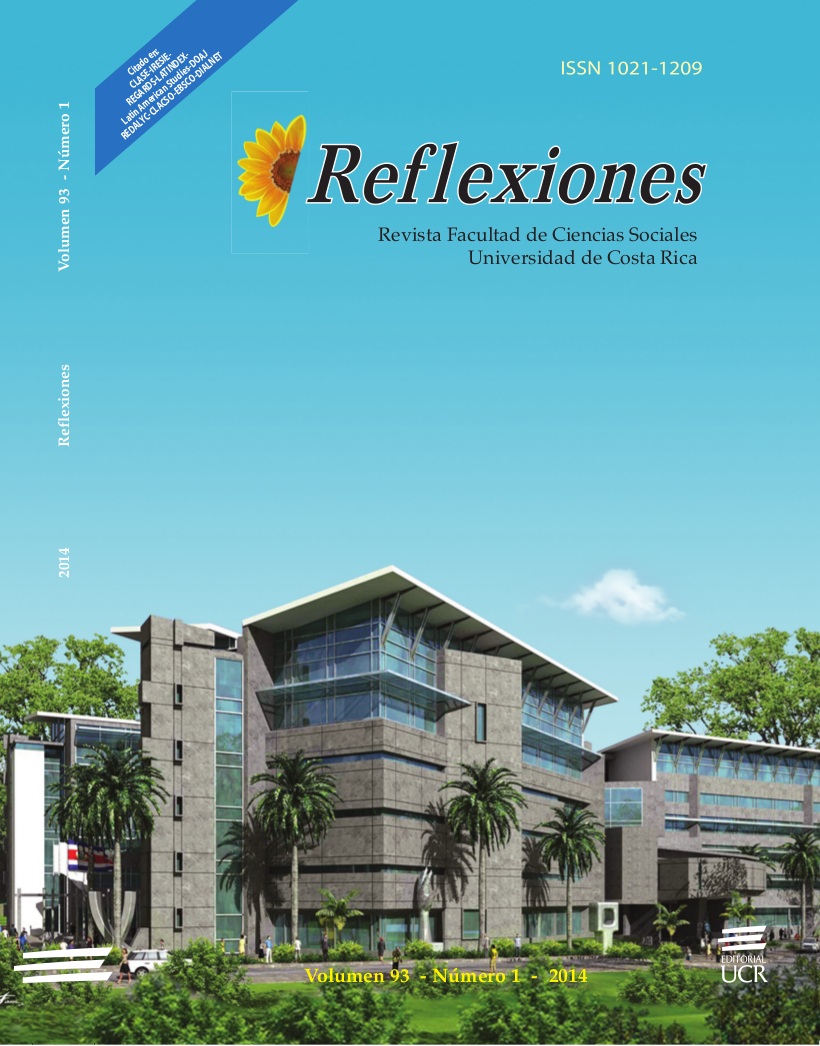Abstract
UNICEF published in 2002 an approximation to a very prudent Code of Ethics which insists that the research, monitoring or evaluation of programs y projects which affect the rights and interests of children and adolescents contribute in the most integral form to the quality of knowledge management of the target or subject population.
This article summarizes the lessons obtained from the intent to apply this and other Codes of Ethics to diverse categories of field projects of university students, including theses, other graduation projects, professional internships, in 7 UCR disciplines and in 8 disciplines and one studies program in 5 other universities in Costa Rica. These have been participative projects of action research regarding critical factors of quality of life and projection of adolescents and youth. This has been proposed also for projects that affect the rights and interests of the elderly, involving an adaptation of the normative.
The article analyzes the relevance attributed to the different terms of the normative and other codes for the different projects, regarding the real participation of the target or subject population, scientific rigor, validity, impact on decision making and possibility of institutionalizing the better practices which are rehearsed and successful. In these terms, much depends on the predisposition of the university students, their directors or committees of supervision of the field work and other interested parties to accept this level of protagonist role of the target or subject population and to undertake these initiatives to strengthen their knowledge management and that of the interested institutions.
